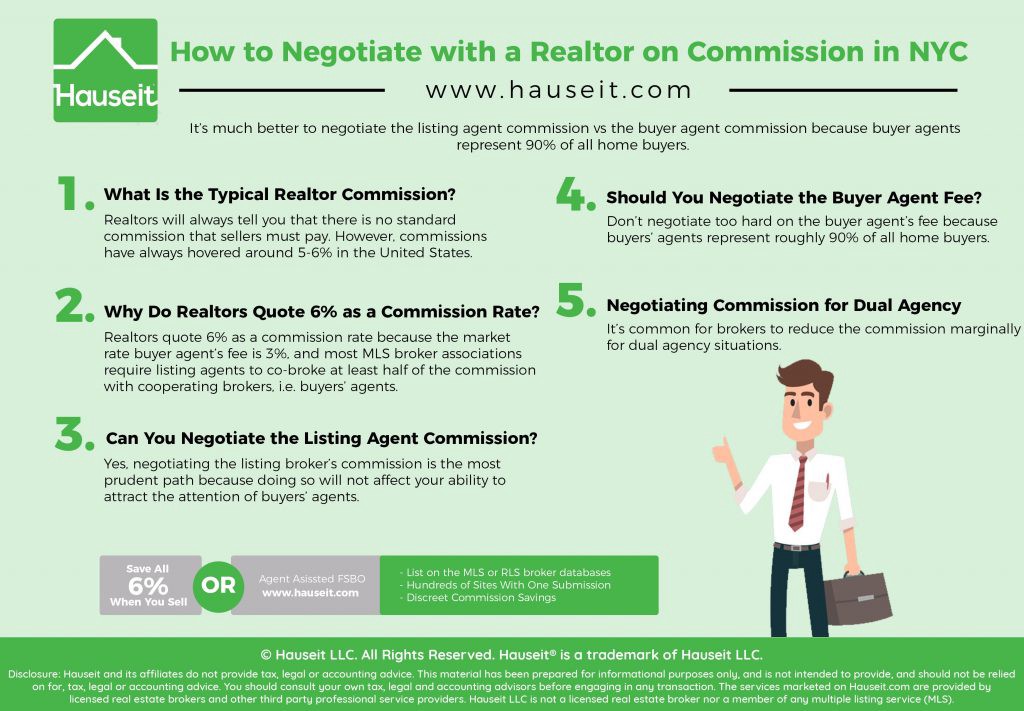
Can an agent of real estate work independently?
The answer to this question depends on the person and their specific situation. Some people, however, are able work without a brokerage as long they can manage their own time and take care of administrative matters. In some cases, they may be able to earn a higher commission than if they worked under a broker, but the responsibility of handling real estate transactions still falls on them.
Depending on the state, there are several types of licensed real estate agents: independent brokers, associate brokers and managing brokers. All of them have different responsibilities, and they all hold different levels of license.
Difference between real estate agent and broker
In many states, the real estate agent is responsible for representing their client's interests in a particular transaction. They meet their clients to discuss budgets and identify possible property purchases. The agents also assist their clients in setting a market value, scheduling home inspections, and presenting the house to interested buyers. Then they may negotiate sales agreements or manage the paperwork required to close a sale.

Working with a real estate agent is beneficial for both buyers and sellers. They are able to provide valuable insight into local markets and can offer tips on pricing a home or finding the best deal for a home in need of repair. They can also refer you to local lenders who are able to help with your mortgage.
The agents may also do research on financing options, financial laws and other issues that could affect buyers and sellers of homes. This can save them time and money when their clients have questions or need legal assistance.
Do real-estate agents work for companies?
Some realty agents are also members of the National Association of Realtors. It holds its members at a high level of ethical conduct. These professionals are bound by a code that governs and protects client interests.
Aside from being a member of the NAR, real estate agents are also required to complete extensive training and maintain a professional image. Many clients will prefer to work with an NAR-licensed Realtor over a nonmember.

You can be an estate agent even without a realtor.
In most states, an agent must be supervised by a broker. In most states, a new agent must first work under an experienced broker for a set period before they start their own business.
How to become an estate agent
Brokers must pass an exam administered by the state to receive their license. This usually takes two years. A managing broker's licence allows them to supervise other agents. It's a bit more challenging, but this can provide a broker with a wealth of opportunities.
FAQ
What are the 3 most important considerations when buying a property?
The three main factors in any home purchase are location, price, size. Location is the location you choose to live. Price is the price you're willing pay for the property. Size is the amount of space you require.
How much does it take to replace windows?
Replacement windows can cost anywhere from $1,500 to $3,000. The cost to replace all your windows depends on their size, style and brand.
Can I afford a downpayment to buy a house?
Yes! Yes. There are programs that will allow those with small cash reserves to purchase a home. These programs include FHA, VA loans or USDA loans as well conventional mortgages. More information is available on our website.
What is reverse mortgage?
Reverse mortgages are a way to borrow funds from your home, without having any equity. It allows you access to your home equity and allow you to live there while drawing down money. There are two types to choose from: government-insured or conventional. Conventional reverse mortgages require you to repay the loan amount plus an origination charge. FHA insurance covers repayments.
Statistics
- This means that all of your housing-related expenses each month do not exceed 43% of your monthly income. (fortunebuilders.com)
- Some experts hypothesize that rates will hit five percent by the second half of 2018, but there has been no official confirmation one way or the other. (fortunebuilders.com)
- Based on your credit scores and other financial details, your lender offers you a 3.5% interest rate on loan. (investopedia.com)
- When it came to buying a home in 2015, experts predicted that mortgage rates would surpass five percent, yet interest rates remained below four percent. (fortunebuilders.com)
- This seems to be a more popular trend as the U.S. Census Bureau reports the homeownership rate was around 65% last year. (fortunebuilders.com)
External Links
How To
How to Manage a Property Rental
You can rent out your home to make extra cash, but you need to be careful. We'll show you what to consider when deciding whether to rent your home and give you tips on managing a rental property.
Here are some things you should know if you're thinking of renting your house.
-
What should I consider first? Before you decide if you want to rent out your house, take a look at your finances. You may not be financially able to rent out your house to someone else if you have credit card debts or mortgage payments. Your budget should be reviewed - you may not have enough money to cover your monthly expenses like rent, utilities, insurance, and so on. ), it might not be worth it.
-
How much is it to rent my home? There are many factors that go into the calculation of how much you can charge to let your home. These factors include your location, the size of your home, its condition, and the season. Keep in mind that prices will vary depending upon where you live. So don't expect to find the same price everywhere. Rightmove has found that the average rent price for a London one-bedroom apartment is PS1,400 per mo. If you were to rent your entire house, this would mean that you would earn approximately PS2,800 per year. This is a good amount, but you might make significantly less if you let only a portion of your home.
-
Is it worth the risk? It's always risky to try something new. But if it gives you extra income, why not? It is important to understand your rights and responsibilities before signing anything. It's not enough to be able to spend more time with your loved ones. You'll need to manage maintenance costs, repair and clean up the house. Before you sign up, make sure to thoroughly consider all of these points.
-
Are there any benefits? It's clear that renting out your home is expensive. But, you want to look at the potential benefits. There are plenty of reasons to rent out your home: you could use the money to pay off debt, invest in a holiday, save for a rainy day, or simply enjoy having a break from your everyday life. It is more relaxing than working every hour of the day. If you plan ahead, rent could be your full-time job.
-
How do I find tenants? Once you've made the decision that you want your property to be rented out, you must advertise it correctly. Make sure to list your property online via websites such as Rightmove. Once you receive contact from potential tenants, it's time to set up an interview. This will allow you to assess their suitability, and make sure they are financially sound enough to move into your house.
-
What are the best ways to ensure that I am protected? You should make sure your home is fully insured against theft, fire, and damage. You will need to insure the home through your landlord, or directly with an insurer. Your landlord will often require you to add them to your policy as an additional insured. This means that they'll pay for damages to your property while you're not there. This does not apply if you are living overseas or if your landlord hasn't been registered with UK insurers. In such cases you will need a registration with an international insurance.
-
You might feel like you can't afford to spend all day looking for tenants, especially if you work outside the home. However, it is important that you advertise your property in the best way possible. Post ads online and create a professional-looking site. You'll also need to prepare a thorough application form and provide references. Some people prefer to do the job themselves. Others prefer to hire agents that can help. It doesn't matter what you do, you will need to be ready for questions during interviews.
-
What should I do once I've found my tenant? You will need to notify your tenant about any changes you make, such as changing moving dates, if you have a lease. You can negotiate details such as the deposit and length of stay. Remember that even though you will be paid at the end of your tenancy, you still have to pay utilities.
-
How do you collect rent? You will need to verify that your tenant has actually paid the rent when it comes time to collect it. You will need to remind your tenant of their obligations if they don't pay. Before you send them a final invoice, you can deduct any outstanding rent payments. If you're having difficulty getting hold of your tenant you can always call police. They will not normally expel someone unless there has been a breach of contract. However, they can issue warrants if necessary.
-
How can I avoid potential problems? You can rent your home out for a good income, but you need to ensure that you are safe. Consider installing security cameras and smoke alarms. Check with your neighbors to make sure that you are allowed to leave your property open at night. Also ensure that you have sufficient insurance. You should never allow strangers into your home, no matter how they claim to be moving in.